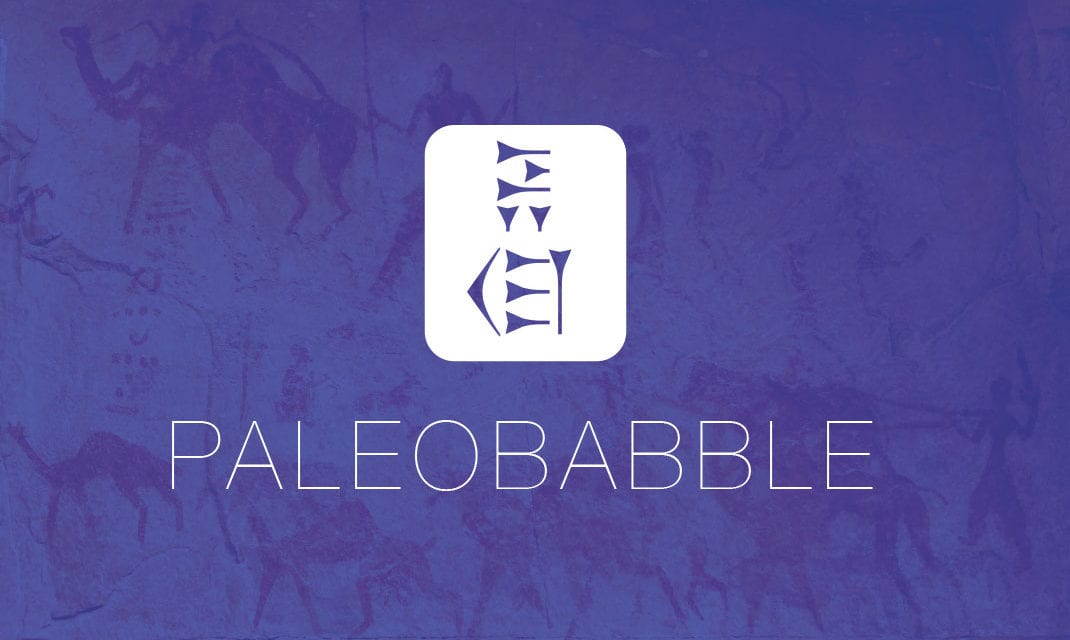No surprise, but it doesn’t go well.
Carl Feagans, “The Pseudoarchaeology of America Before: A Review,” April 22, 2019
As in biblical studies, where a lot of research can impress amateur readers, so it is with books like those of Hancock, which emphasize data that appear to support a thesis without getting into the data that don’t, or that make the original thesis unworkable. Specialists in command of the data aren’t going to be impressed, much less swayed.
In other words, when someone has to go through a decade-long gauntlet to get a PhD in a field, and then spends a couple decades publishing in that field under peer-review, that someone really DOES learn things and is exposed to massive amounts of data. There really are differences between the knowledge base of a professional and that of an erstwhile, dedicated amateur.
But let’s be honest, using remote viewing and ESP to validate the thesis is embarrassing, but clever. There’s no way to empirically disprove what cannot be empirically demonstrated. So no matter what data exist to the contrary, the thesis is never completely debunked. I can hear George Noory asking me on Coast to Coast AM, “Well, it’s possible, isn’t it Mike?” Yeah. It’s possible I’ll win the presidency in 2020 on my way to becoming the next American Idol and a Nobel Prize winner. All “possible” — but so infinitesimally unlikely that the rebuttal question is nonsensical. Nonsense isn’t evidence, much less proof.




